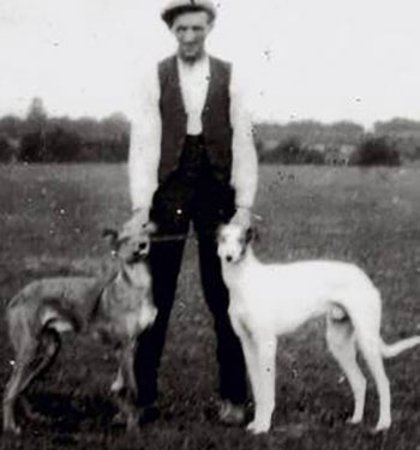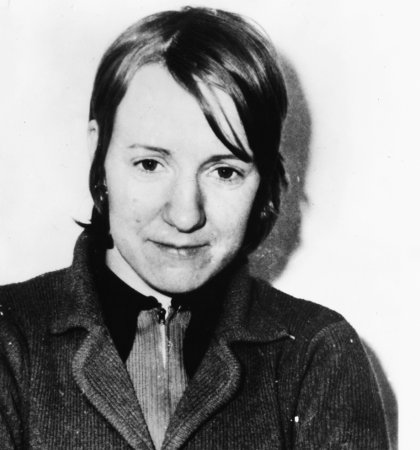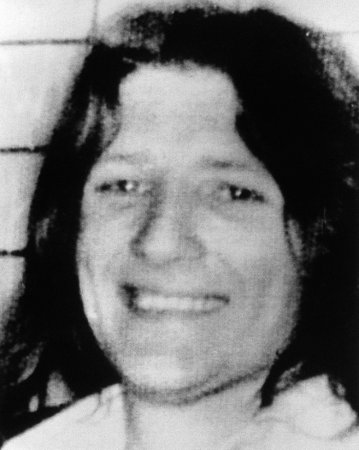IF THERE is anything that gets people riled up, it is a case of injustice – and the Irish are no strangers to these incidents.
Ireland has seen people convicted of everything from murder to terrorism, only to be released of their crimes later.
For some, the reversal of their convictions came after lengthy periods in jail - but one unfortunate man had been dead for 74 years before his exoneration.
Here, we revisit most shocking miscarriages of justice in Irish history.
1. The Birmingham Six
On November 21, 1974, the Provisional IRA carried out two separate bomb attacks in Birmingham.
The Mulberry Bush and the Tavern in the Town pubs were targeted in the attacks – with the first bomb exploding at 8.17pm; quickly followed at 8.27pm by the second.
In total, 21 people died and 182 were injured. Within hours of the terrorist attack, six Irishmen had been arrested. Hugh Callaghan, Paddy Hill, Gerard Hunter, Richard McIlkenny, William Power and John Walker were sentenced to life in prison the following year for being the perpetrators behind the attack.
They remained incarcerated in Winson Green Prison in Birmingham until 1991 when evidence of coercion and suppression of evidence at their original conviction saw them released.
The Birmingham Six’ case is still touted as one of the worst miscarriages of justice in British history.
2. Harry Gleeson
In Cashel, Co. Tipperary, in the early 1940s, Harry Gleeson was running his uncle’s farm. Aged 38, he had not yet married and was hoping to inherit his uncle’s land.
One day when carrying out his farm work, Harry came across the body of local woman Moll McCarthy. She had been shot twice in the face.
After going straight to the police to report the crime, Harry soon found himself arrested and was convicted of murder.
On April 23, 1941, Harry was one of the last people in Ireland to be hanged for murder. After several decades of campaigning, the Gleeson family was successful in getting Harry posthumously pardoned for the murder in 2015. It was revealed that Gardaí had encouraged people to come forward as witnesses to testify with false information.
3. The Guildford Four
Just a month before the Birmingham bombings, the Provisional IRA carried out an attack on the Horse and Groom and Seven Stars pubs in Guildford, Surrey.
Five people lost their lives in the two attacks, which were carried out between 8.30pm and 9pm on October 5, 1974. Four people were arrested – Paul Hill, Gerry Conlon, Paddy Armstrong and Carole Richardson – and charged with direct involvement with the attack.
Aged between just 17 and 25, the four were coerced into confessing to the bombings by police and convicted of murder, among other charges, and sentenced to life imprisonment.
It would be 15 years after the Guildford bombings before their conviction was quashed, with new evidence coming to light that proved the evidence against them was inconsistent with what happened on that night.
4. The Maguire Seven
Shortly after the arrest of the Guildford Four, the Maguire Seven were also detained. Anne Maguire, her husband Patrick Senior, their sons Patrick Junior and Vincent, as well as Anne's brother Sean Smyth and brother-in-law Giuseppe Conlon, and family friend Patrick O'Neill were charged with possession of nitroglycerine, which was allegedly passed to the IRA to make the bombs. All seven were convicted in 1976 and received varying sentences of four years to 14 years for their various charges. New evidence saw the Maguire Seven's convictions quashed in 1991.
All seven were convicted in 1976 and received varying sentences of four years to 14 years for their various charges. New evidence saw the Maguire Seven's convictions quashed in 1991.
5. Judith Ward
A British national, Judith Ward was born in Stockport, Greater Manchester, and moved to Dundalk, Co. Louth after finishing school before coming back to Britain in August 1973.
A month later, the Provisional IRA bombed Euston Station - and the following February attacked a bus on the M62 motorway. The National Defence College in Latimer, Buckinghamshire also bombed that February, but caused no serious damage.
The Euston bombing caused superficial damage to the station, with no casualties, but the M62 bombing killed nine British soldiers and three civilians.
Arrested on February 14, Judith Ward admitted carrying out the attacks but later withdrew her statement.
Despite this, she was convicted and sentenced. Her conviction was eventually deemed to be unsafe - and her confession was revealed to be the result of a mental illness.
After 18 years in prison, an appeal eventually saw her conviction quashed and she was released.
6. The Hunger Strikes
At the height of the Troubles in the early 1980s, several Irish republican prisoners decided to go on hunger strike in protest of their treatment as prisoners.
They repeatedly asked to be treated as political prisoners - and refused to wear prison uniforms and prison work, among other demands.
Many of the strikers refused to back down until the full list of demands was met - but for some, it went on too long.
Bobby Sands was the first prisoner die in HM Prison Maze, Co. Antrim in May 1981 after 66 days of no food. Sands had been elected an MP during the hunger strike, which was seen as a showdown between Irish political prisoners and then-Prime Minister Margaret Thatcher.
In all, 10 prisoners died before the strike was eventually called off in October 1981.
Though initially hailed as a victory for Thatcher, the aftermath of the hunger strikes saw Sinn Féin grow as a political party.
In 1982, Sinn Féin won five seats in the Northern Ireland Assembly, while Gerry Adams was elected to the House of Commons. Today, Sinn Féin is the largest party on the island of Ireland.




